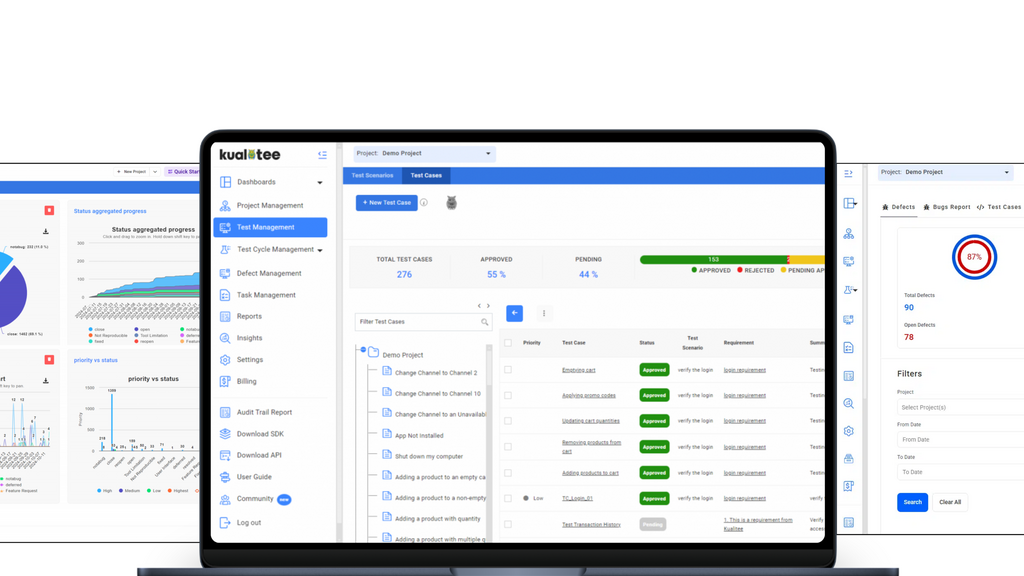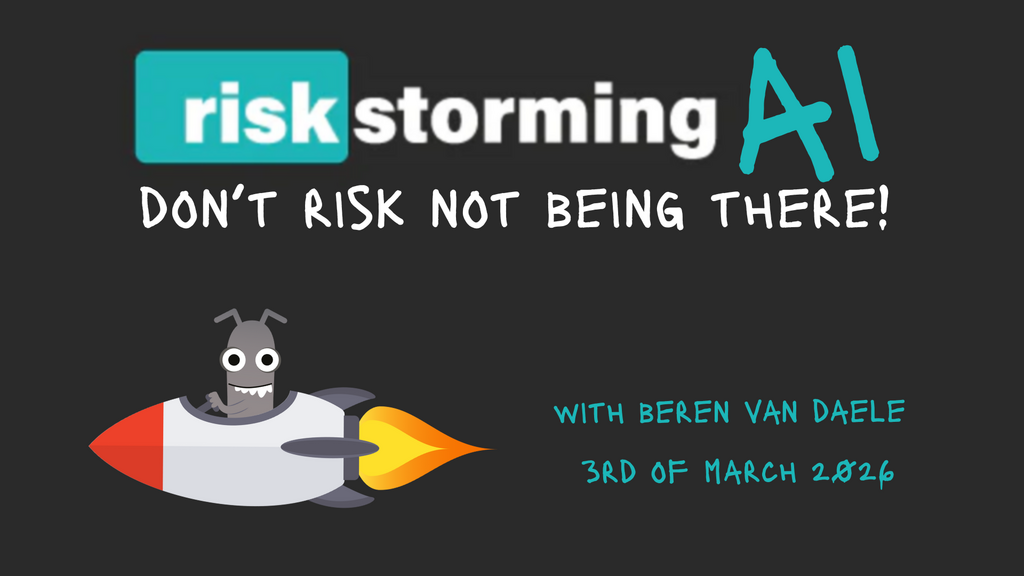HTTPS stands for HyperText Transfer Protocol Secure. In plain terms, it's the secure version of the common protocol (HTTP) that your web browser uses to talk to websites. Think of it as putting a very strong, tamper-proof bubble around all the information you send and receive over the internet.
What it does, is add a layer of security, typically using something called TLS (Transport Layer Security) or its older version, SSL (Secure Sockets Layer). This layer encrypts the data that travels between your web browser and the website's server. So, if you're typing in your password, your credit card details, or even just browsing sensitive information, HTTPS scrambles that data. If anyone tries to intercept it, they'll just get gibberish, not your actual details.
The importance of HTTPS really boils down to three main things:
What it does, is add a layer of security, typically using something called TLS (Transport Layer Security) or its older version, SSL (Secure Sockets Layer). This layer encrypts the data that travels between your web browser and the website's server. So, if you're typing in your password, your credit card details, or even just browsing sensitive information, HTTPS scrambles that data. If anyone tries to intercept it, they'll just get gibberish, not your actual details.
The importance of HTTPS really boils down to three main things:
- Confidentiality: Your data is kept private. No one can easily intercept your communication with the website.
- Integrity: It ensures that the data you send or receive hasn't been secretly altered or tampered with along the way.
- Authentication: It helps verify that you are actually connected to the genuine website you intend to visit, not a cunning imposter trying to trick you.
You'll usually see a padlock symbol in your browser's address bar when you're on an HTTPS site. For testers, verifying proper HTTPS implementation is a fundamental part of security testing. It means ensuring that crucial communication pathways are encrypted and secure from potential bugs or attacks.




